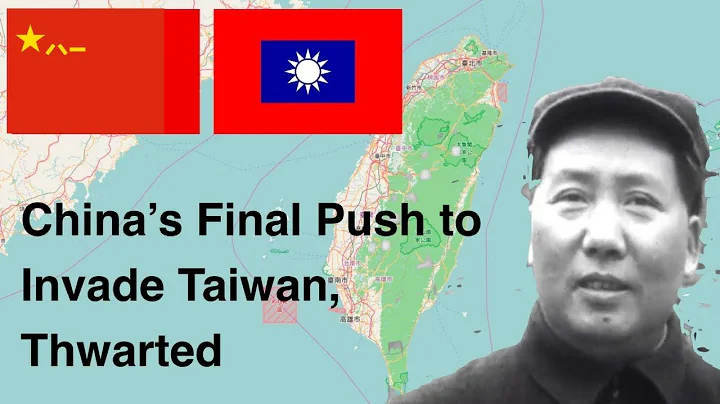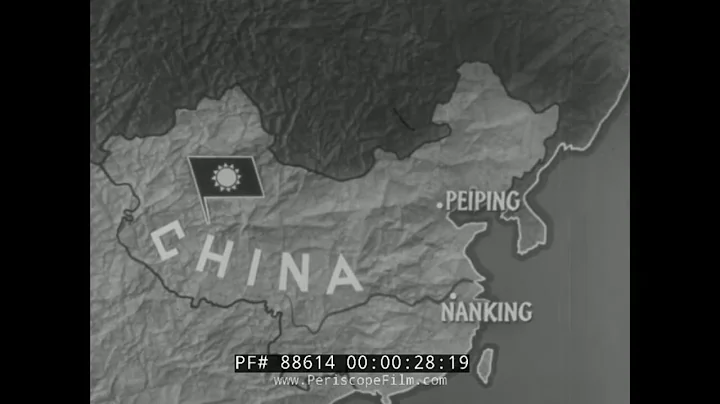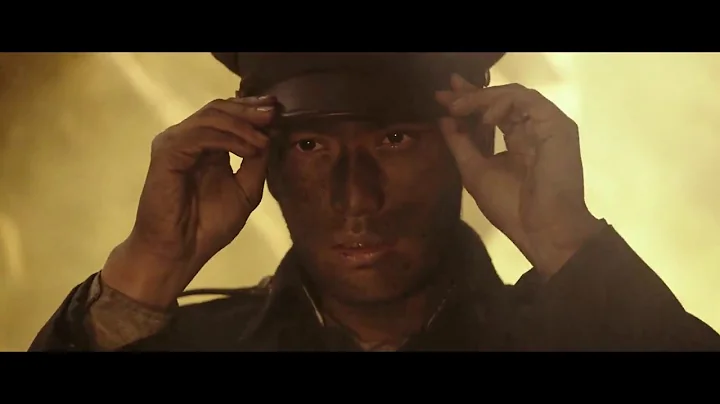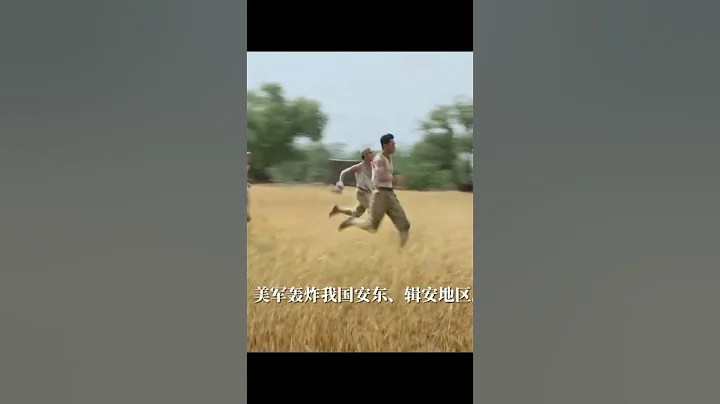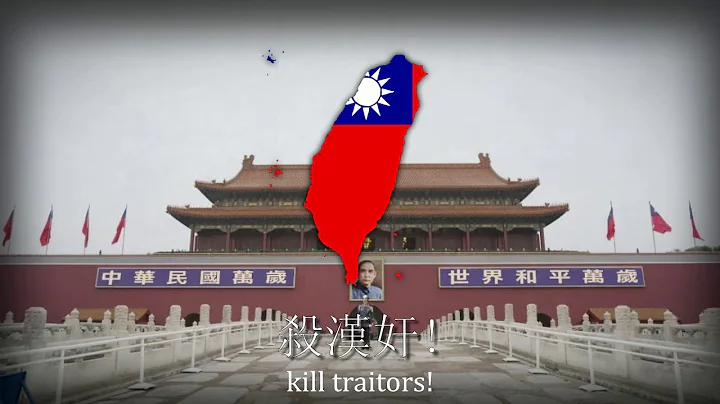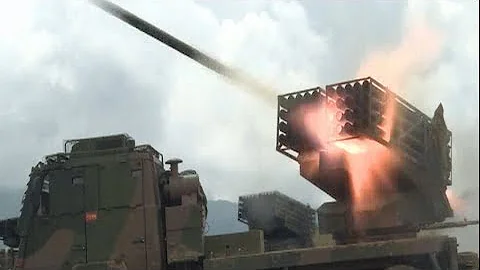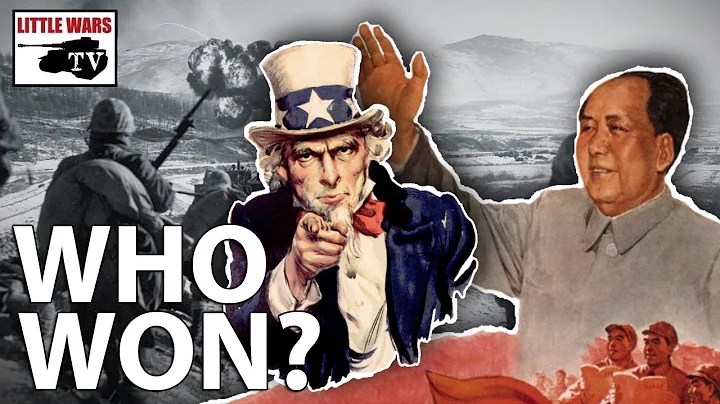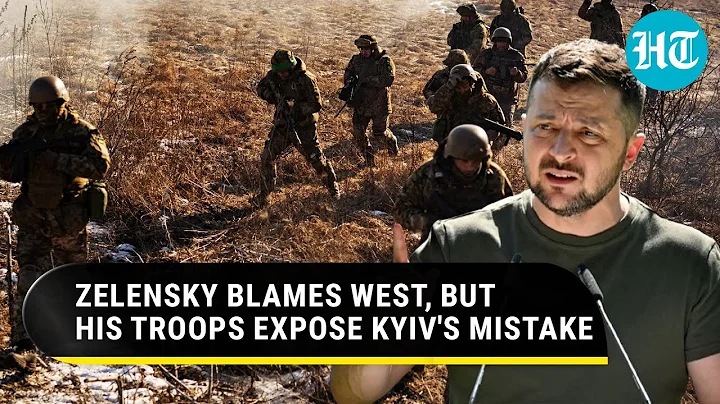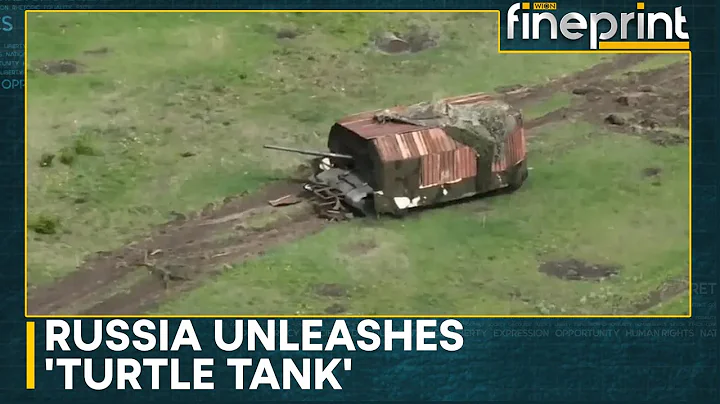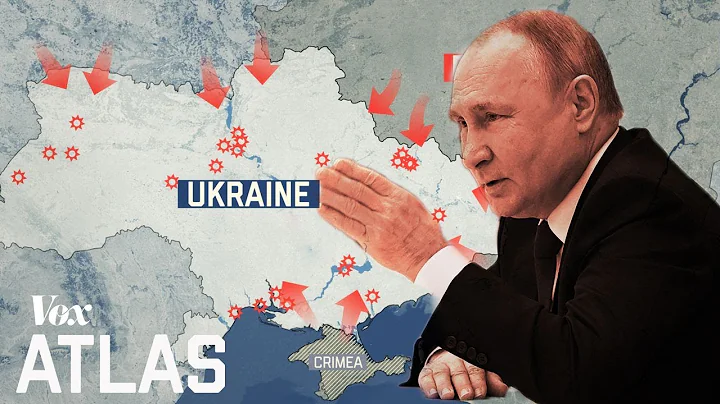On February 5, 1950, rioters such as the Kuomintang Military Command and the Central Command of the Kuomintang who were dormant in western Sichuan brutally killed Zhu Xiangli, director of the Political Work Department of the 178th Division of the 60th Army, and Zhu Xiangli, who were passing by Longtan Temple. A guard. That night, 26 military representatives military representatives who were transforming the uprising forces in Shibantan were also killed.
The two riots shocked the People's Liberation Army soldiers in Chengdu and its surrounding areas at that time. At this point, a massive bandit suppression campaign officially kicked off.

At the beginning of 1950, the newly liberated Chengdu seemed calm on the surface, but in fact there was an undercurrent.
You must know that Sichuan is the last base of the Kuomintang in the mainland. The unwilling old Chiang Kai-shek still harbors illusions and attempts to make a desperate struggle.
But Chiang Kai-shek knew that it was basically impossible to fight back with force, so he used their underground secret forces - the Kuomintang military command and the Central Command secret agents to try to disrupt the Sichuan region and affect the construction and development work of the People's Liberation Army in Sichuan. .
At the beginning, these dark forces restrained themselves because they did not know the PLA's base in the Chengdu area. Later, when I learned that only 30,000 People's Liberation Army troops were stationed in Chengdu, and even fewer were responsible for security tasks, with only more than 10,000 people, they suddenly became rampant.

For a time, this dark force colluded with the rebels in the uprising troops, bully landlords and other counter-revolutionary forces, and began to launch armed riots in a planned and premeditated manner, seriously threatening the new local people's power.
At that time, the Kuomintang agents were so arrogant that they dared to block roads, rob, and harass the People's Liberation Army in Chengdu in broad daylight. They became even more aggressive at night, committing vandalism, smashing, looting, and burning, and even used machine guns and to raid the city crazily.
According to veteran Li Tianwen's recollection: " One day thousands of people gathered in the city on a large scale. Our commander Zhang Zuliang took a small car to go to the army to command, but he was stuck there and couldn't walk. Shortly after the commander evacuated, the bandits took the commander's car. The roof of the car was smashed, and the entire car was overturned and fell to the ground. After about two hours, our battalion quickly dispatched after receiving the battle order, killed some bandit leaders with guns, and forced the way, which allowed the large troops to go smoothly. Passed! "
What Li Tianwen said about "going to command the troops" was to rescue Longtan Temple and Shibantan where riots occurred.

During that time, one or two People's Liberation Army soldiers could not go out alone or perform tasks. At least a squad had to act collectively.
It can be seen how rampant the gangsters were at that time!
The cruel facts further illustrate that it is imperative to suppress bandits in Chengdu!
The officers and soldiers of the Western Sichuan Military Region took action quickly. In this regard, the "Western Sichuan Daily" at that time made a large number of reports:

The Chongqing Defense War was an important battle in the process of suppressing bandits in Chengdu.
General Liang Yulin, who witnessed the Chongqing Defense War, recalled: "In early 1950, when I was still an instructor, not long after we arrived in the countryside, gunfire broke out every day. At first we didn't pay attention, because my soldiers and I We were all people who had experienced the hail of bullets and did not take the "small situation" into consideration at that time. However, we did not know that a large-scale counter-revolutionary storm was coming quietly.
I remember clearly that on February 13th, It was cloudy and extremely cold. I took my correspondent Xiao Zhang and the breeder Lao He to Sanjiang Town to see the working group. As soon as I arrived in the town, I found that something was wrong: the bandits here had been organized, and many doors out of the city had been locked. . The next day, the bandits incited the crowd, and tens of thousands of people surrounded Chongqing County. Only then did I realize the seriousness of the matter! ”

The process of defending Chongqing was very intense. Faced with the large number of bandits, the People's Liberation Army decided to cut off the enemy's inner lines first. At that time, all troops dug trenches and set up bunkers on the earthen city walls, and mounted machine guns both outward and inward. At the same time, the four major city gates are strictly guarded to prevent irrelevant personnel from entering and exiting.
At that time, 12 soldiers from the 1st Battalion, 3rd Company, 2nd Platoon and 8th Squadron of the 38th Regiment of the 180th Division of the 60th Army were ordered to break through the encirclement and find the regiment headquarters.On the road, they were surrounded by more than a thousand bandits. Due to the disparity in strength between the enemy and ourselves, all 12 soldiers died heroically. Before they died, they shouted: "Long live the Communist Party! Long live Chairman Mao!"
html On February 16, a company launched a showdown with the bandits. The bandits relied on a house to confront our army. During the fierce battle, 4 soldiers from the company died, 10 were injured, and more than 100 bandits were killed.After three days of fierce fighting, Chongqing County successfully rescued the siege on February 17. Our army killed more than 400 bandits and captured more than 150 enemies.

If you go to Chengdu now, you will see a small courtyard on a small highland at No. 26 Ma'anshan Road, Beijiaochang. On a stone tablet next to it, you can vaguely read the four characters "Western Sichuan Military Region".
A couplet is engraved on both sides of the gate:
Fighting the riots and quelling the rebellion, Cheng Renhe sacrificed his life in the Spring and Autumn Period
Fighting stubborn enemies and killing bandits, risking their lives to defend the people's power
This small courtyard is where the revolutionary martyrs who died during the suppression of bandits in Chengdu were buried. In a cemetery in Chengdu, more than a dozen heroes of bandit suppression are buried. They are one of the tens of millions of heroes who fought against bandits in Chengdu.
